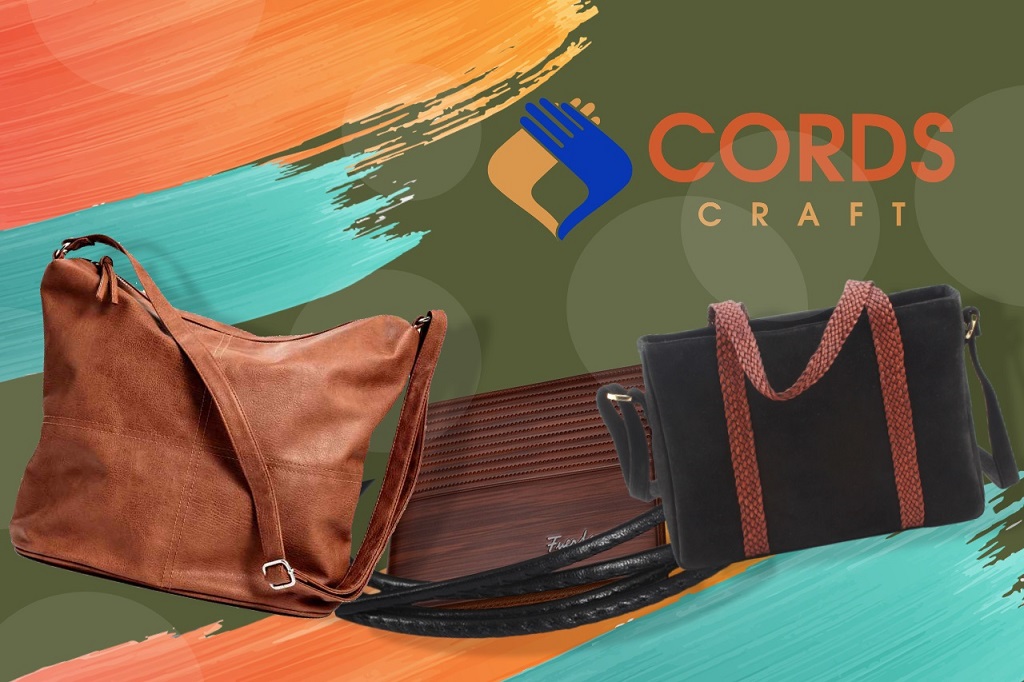[ad_1]
Tesla CEO Elon Musk attends the Tesla Shanghai Gigafactory groundbreaking ceremony in Shanghai, China, January 7, 2019.
Aly Song | Reuters
Tesla is among the hundreds of auto industry players asking the U.S. Trade Representative for extended tariff waivers on parts and materials imported from China used to make or repair cars.
Supply chain issues are contributing to soaring prices for new and used vehicles in the U.S. Tariffs levied during the Trump administration’s trade war with China are contributing to those price increases — especially since temporary exclusions to some of those tariffs were allowed to expire in late 2020 or early this year.
In October, the USTR said that it would consider reinstating tariff exclusions on a case-by-case basis, particularly for imports that can only be obtained from China. The outpouring of industry pleas could spur the Biden administration to reinstate government exclusions on 25% tariffs on artificial graphite imported from China, as well as other materials and components.
Tesla filed three public comments on Wednesday supporting waivers for tariffs on graphite, which is used to make the anode component of lithium-ion batteries in its cars. It said only mainland China could provide the quantity of graphite it needs in flake or powder form to manufacture its batteries in the U.S.
“As a result of Tesla’s due diligence process for suppliers of artificial graphite, globally and in the United States, Tesla has concluded that no company in the United States is currently capable of producing artificial graphite to the required specifications and capacity needed for Tesla’s production,” Tesla wrote.
Battery giant SK Innovation, via its SK Battery America subsidiary, also supported an extended waiver for tariffs on graphite.
“A renewed exclusion will allow SK to manufacture quality breakthrough electric vehicle components at competitive prices for American OEMs, while creating full-time jobs that support American families. For example, exclusions will benefit an $11.4B joint venture with Ford and a $2.54B investment in Georgia,” the company wrote.
Resource World reported that the average hybrid electric vehicle uses around 22 pounds (or 10 kilograms) of graphite, and the average fully electric vehicle uses around 220 pounds (100 kilograms) of graphite.
Graphite is far from the only component at play. Toyota, Magna and AutoZone are among other industry players seeking waivers to get out of paying tariffs on items including electric motors used in car seats, printed circuit boards used in cameras that enable driver assistance features, axles used in hundreds of models of cars sold in the U.S., and raw materials.
Tesla CEO Elon Musk has been discussing the stresses caused by supply chain issues all year.
In June, he wrote in a tweet, “Our biggest challenge is supply chain, especially microcontroller chips. Never seen anything like it. Fear of running out is causing every company to overorder.” Earlier this week, he said on Twitter, “Oh man, this year has been such a supply chain nightmare & it’s not over!”
Musk previously engaged former President Trump on trade issues including import tariffs on Twitter in 2018. In that exchange, Musk said he was against import duties generally, but suggested that if there would be any whatsoever they should be equal to duties the Chinese government applies to American imports there.
Wednesday was the deadline for interested parties to file their comments with USTR. Tesla’s three comments were among 2024 entries filed since October, according to the USTR website.
[ad_2]
Source link


